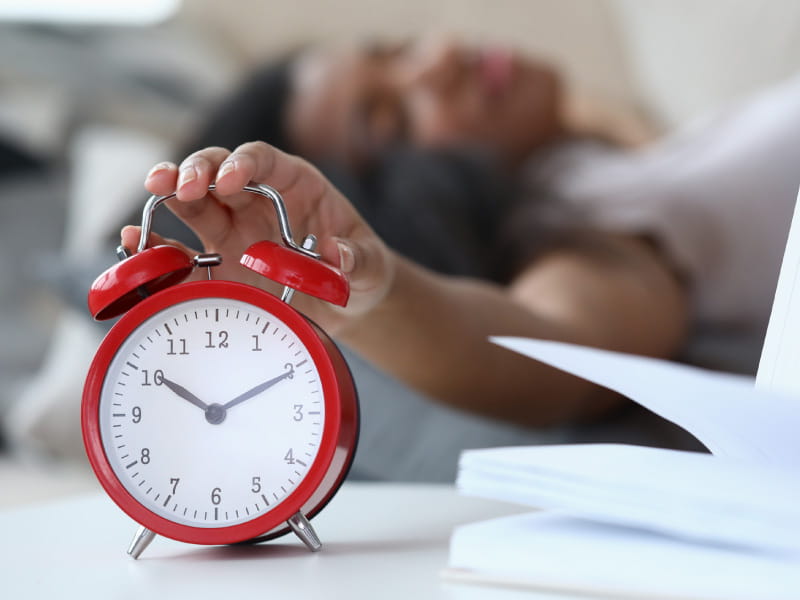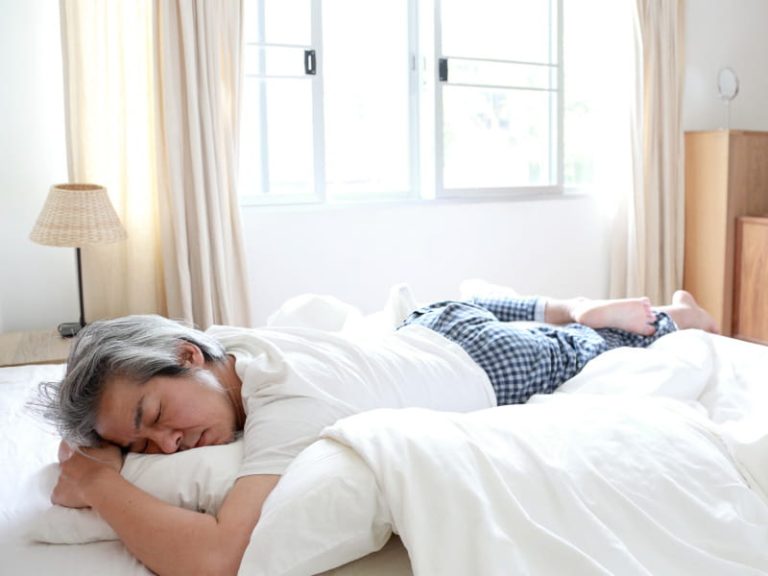What are the side effects of irregular sleep schedule?
What are the side effects of irregular sleep schedule? Folks with irregular sleep patterns might face considerably greater odds of hypertension than those that follow a schedule, even after they get the advisable quantity of sleep every evening, new analysis suggests.
The examine, printed Tuesday within the journal Hypertension, discovered individuals who slept in on the weekends or different the occasions they went to sleep and wakened all through the week have been considerably extra more likely to have hypertension, often known as hypertension, than these with extra constant sleep routines.
“This means that individuals may have to contemplate not solely how lengthy they sleep, but in addition acknowledge the significance of retaining an everyday sleep schedule for optimum cardiovascular well being,” stated senior examine writer Danny Eckert, director of the Adelaide Institute for Sleep Well being and a professor within the School of Medication and Public Well being at Flinders College in Adelaide, Australia.
The American Coronary heart Affiliation recommends adults get seven to 9 hours of nightly sleep to advertise optimum coronary heart and mind well being. The advice is predicated on prior analysis that discovered individuals who get lower than six hours of sleep per evening on common face a a lot greater threat for hypertension, weight problems, heart problems and untimely dying. Likewise, those that get an excessive amount of sleep – greater than a median 9 hours per evening – face greater dangers for hypertension, stroke, Kind 2 diabetes and dying.
The authors of the brand new examine be aware prior analysis analyzing the hyperlinks between sleep length, nightly variation in sleep schedules and hypertension has relied on information reported over only a few weeks.
Within the new examine, researchers checked out sleep patterns over a nine-month interval for 12,287 adults with and with out hypertension from 20 international locations. Members have been predominantly middle-aged males who have been obese. Information have been collected from July 2020 to March 2021. The evaluation included a median 181 nights of sleep information and 29 blood strain readings for every participant.
The examine outlined hypertension as a systolic (high quantity) studying of 140 mmHg or greater or a diastolic (backside quantity) studying of 90 mmHg or above. (The AHA and American School of Cardiology outline hypertension as a systolic strain of 130 or greater or a diastolic strain of 80 or greater that stays excessive over time.)
The researchers used a tool positioned below the mattress to measure sleep timing (when individuals went to sleep and wakened) and length. They discovered individuals whose bedtimes different by 90 minutes or extra confronted 92% elevated odds for hypertension, in comparison with those that caught to an everyday bedtime. However even these whose bedtimes different by barely greater than half-hour from evening to nighttime have been 32% extra more likely to have hypertension.
“This can be a comparatively modest stage of sleep timing variability, given that individuals typically keep up late on the weekends,” Eckert stated.
Sleeping late additionally was related to greater odds of hypertension, however much less so than not attending to mattress on time. Waking up 43 minutes later was related to a 9% enhance.
As prior research have discovered, the brand new evaluation additionally confirmed a hyperlink between hypertension and getting too little or an excessive amount of sleep. Individuals who acquired lower than seven or greater than 9 hours of sleep have been 20%-30% extra more likely to have hypertension. Folks whose sleep length different by two hours or extra from evening to nighttime have been 85% extra more likely to have hypertension than these with lower than an hour’s distinction within the quantity of sleep they acquired every evening.
Finding out sleep patterns for 9 months gives a extra steady information set from which to attract conclusions about how sleep could also be affecting coronary heart well being, stated Dr. Reena Mehra, a professor of medication and director of the Sleep Problems Analysis Program on the Cleveland Clinic Sleep Problems Heart in Ohio. Mehra was not concerned within the new examine.
“For those who’re solely a span of weeks, that is a a lot smaller window of time,” she stated. “If there’s one thing uncommon occurring in an individual’s life, that is going to impression the findings. Whereas should you have a look at sleep patterns in totality over a span of months, that provides you a greater image of sleep-wake habituality.”
Whereas work schedules and different commitments can typically make it arduous to maintain common sleep occasions, the findings affirm the necessity for individuals to “attempt to be as conscious as potential about sleep,” Mehra stated. “Do the very best you’ll be able to to get consistency.”







